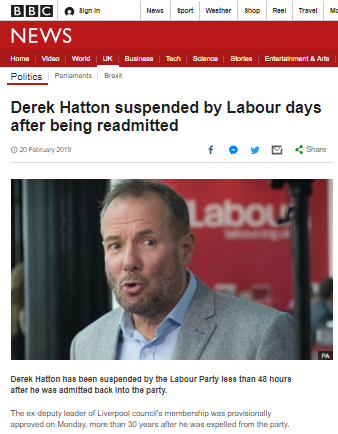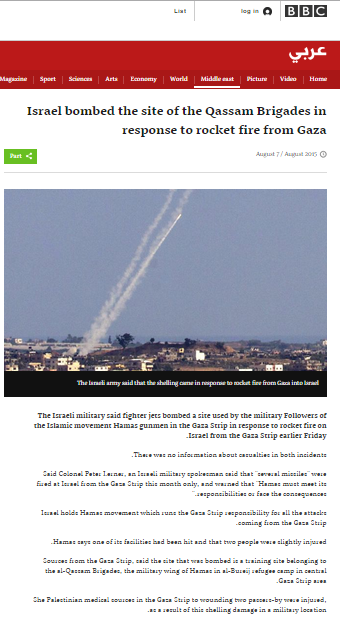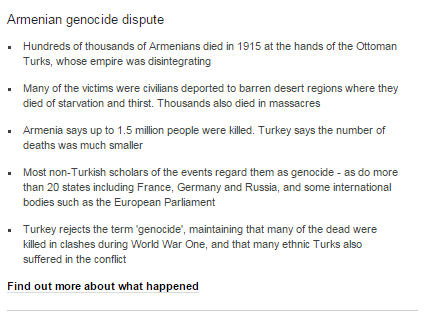Back in February of this year the BBC News website covered a story concerning the UK Labour party. As was noted here at the time:
“A report […] published on the BBC News website’s UK Politics page on February 20th – “Derek Hatton suspended by Labour days after being readmitted” – […] failed to explain to readers why the Tweet is problematic and likewise gave the misleading impression that the issue is “comments…about Israel” rather than antisemitism.”
In addition we noted that:
“The same report closed with what was apparently intended to be background information:
“Mr Hatton posted the 2012 message during “Operation Pillar of Defence” a week-long offensive by the Israel Defence Forces in Gaza.
According to a UNHCR report, 174 Palestinians were killed during the operation, and hundreds were injured.
At the time, NATO Secretary General Anders Fogh Rasmussen said “of course Israel has the right to self-defence and attacks against Israel must end, but the international community would also expect Israel to show restraint”.”
Notably readers saw no mention of the highly relevant context of the months of terror attacks which preceded that “week-long offensive”. Equally remarkable is the BBC’s portrayal of casualties in that conflict as exclusively Palestinian (despite the fact that six Israelis – two soldiers and four civilians – were also killed) and its failure to clarify that 60% of the Palestinians killed were operatives of terror groups.”
BBC Watch submitted a complaint relating to those two issues. Following initial acknowledgement of the complaint, we received a communication on March 7th informing us that “it may take a little longer before we can reply”. On March 26th we received another e-mail stating:
“We are contacting you to apologise that we’ve not been able to reply to your complaint within the time period we aim for. We manage this for most complaints but regret it’s not always possible to achieve.”
On May 3rd we received a response from the BBC News website. With regard to the points we raised concerning the article’s inaccurate claim that the issue was “comments…about Israel” and the need for the BBC to explain to audiences why the statement in Hatton’s Tweet is antisemitic according to the accepted definition, the reply states:
“Thank you for getting in touch about our article reporting that Derek Hatton has been suspended by the Labour Party less than 48 hours after he was admitted back into the party (https://www.bbc.com/news/uk-politics-47312006) and please accept our apologies for the long and regrettable delay in writing back to you.
The article does refer to “…comments the ex-Militant man made about Israel” and in the next line quotes a tweet from 2012, which readers can judge for themselves. [emphasis added]
We also point out that his application to rejoin Labour “drew fierce criticism from many leading figures in the party, coming on the same day as seven MPs quit the party in protest at what they said was a culture of anti-Semitism in the party”.”
Our point was of course precisely that the vast majority of readers cannot in fact “judge for themselves” if the BBC does not reference the accepted definition of antisemitism.
With regard to the point raised concerning the absence of relevant context, the reply stated:
“As regards your second point, the article doesn’t refer to Israeli casualties but as it’s about Derek Hatton’s social media comments about an IDF offensive, we don’t see that this was an essential inclusion for balance.
NATO Secretary General Anders Fogh Rasmussen’s comments were also included for context.”
Yes, it really did take the BBC over two months to come up with that reply.
Related Articles:
BBC reporting on Labour antisemitism again falls short




